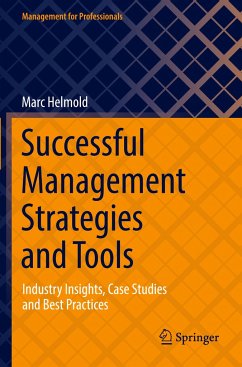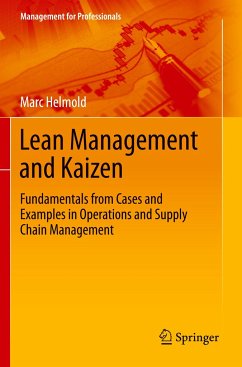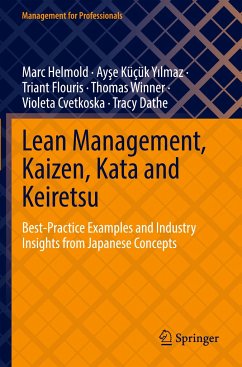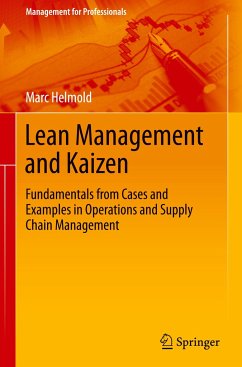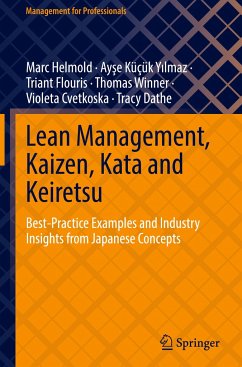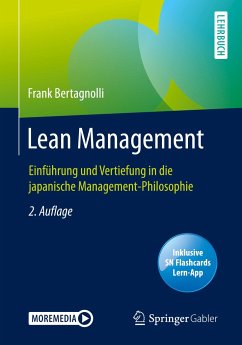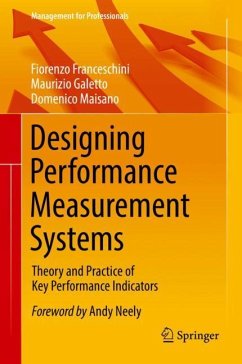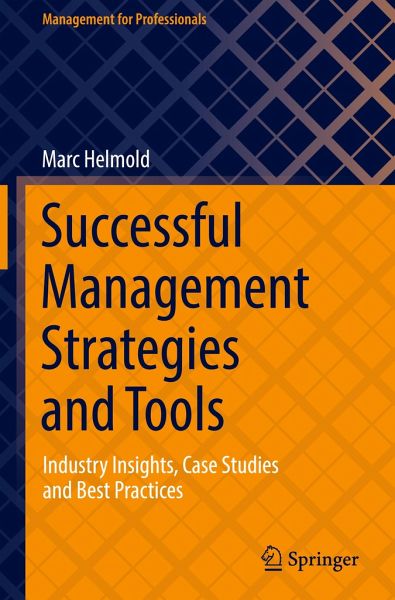
Successful Management Strategies and Tools
Industry Insights, Case Studies and Best Practices
Versandkostenfrei!
Versandfertig in 6-10 Tagen
61,99 €
inkl. MwSt.
Weitere Ausgaben:

PAYBACK Punkte
31 °P sammeln!
This book equips managers and professionals with effective management tools and strategies, as well as important concepts to help them combat current challenges and problems. It provides a holistic and practical approach to lean and quality management throughout the business value chain. The author describes comprehensively how management strategies and problem-solving tools enable companies to concentrate on value-adding activities and processes to achieve the competitive advantage. This allows managers to choose the proper tool and strategy for each situation and use it effectively. A wealth...
This book equips managers and professionals with effective management tools and strategies, as well as important concepts to help them combat current challenges and problems. It provides a holistic and practical approach to lean and quality management throughout the business value chain. The author describes comprehensively how management strategies and problem-solving tools enable companies to concentrate on value-adding activities and processes to achieve the competitive advantage. This allows managers to choose the proper tool and strategy for each situation and use it effectively.
A wealth of best practices, industry examples and case studies are also included.
A wealth of best practices, industry examples and case studies are also included.



